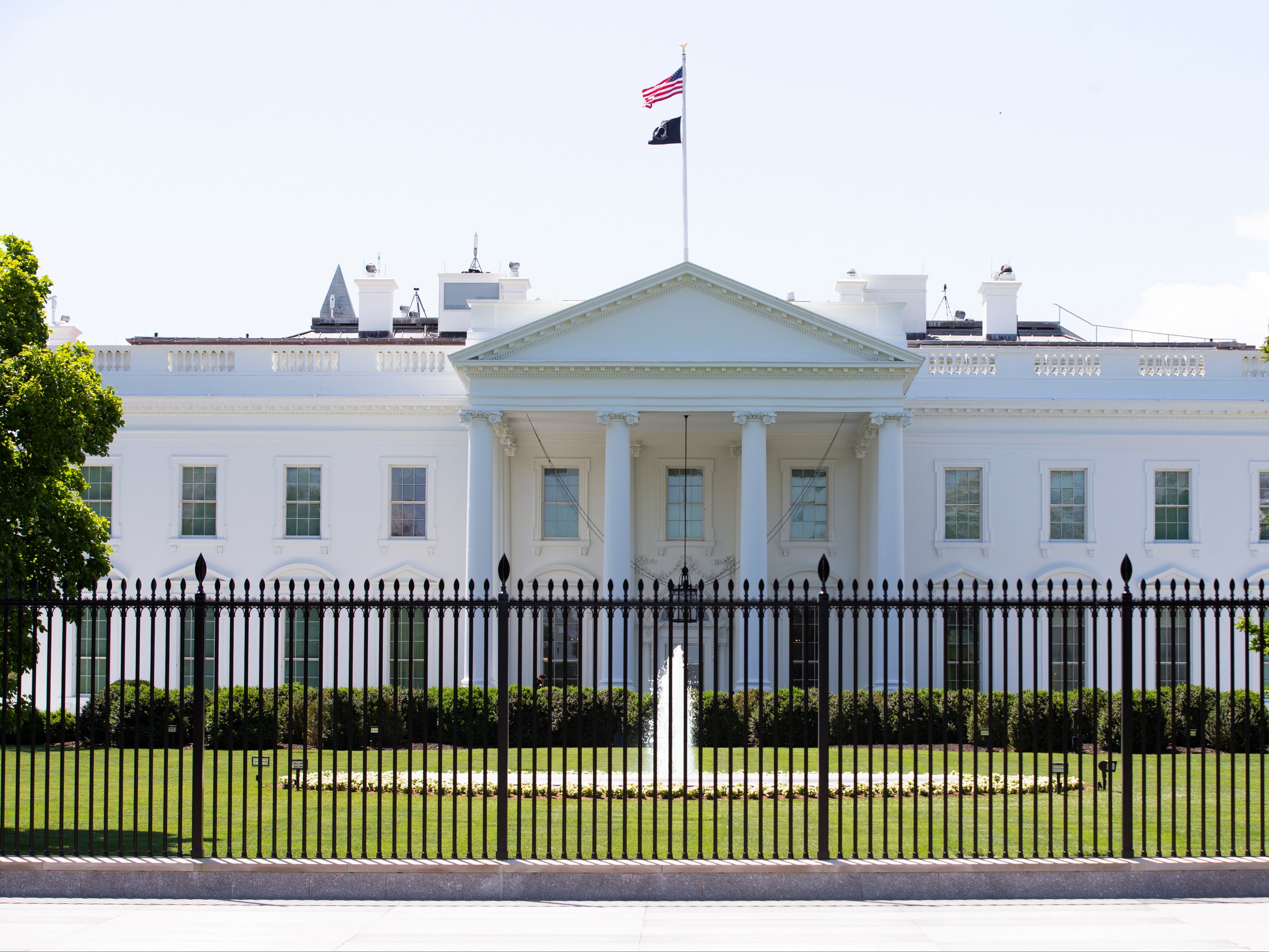Trump NSC official reveals near-death experience with suspected Havana syndrome attack near White House
Staffer collapsed from inexplainable illness and thought he was ‘going to die’ in incident last year

An official on the National Security Council (NSC) has for the first time described their harrowing experience with a suspected energy attack near the White House in November.
In an interview with The New Yorker, the unnamed official described “feeling completely fine” before “thinking I was going to die” and collapsing.
It follows recent revelations about two incidents on US soil, including one near the White House, in the final months of Donald Trump’s administration.
“It came on very suddenly,” the official said of the symptoms, including numbness and a loss of speech.
“I went from feeling completely fine to thinking, Oh, something’s not right, to being very, very worried and actually thinking I was going to die.”
He was able to order a Lyft to the hospital, where a receptionist asked if he was on drugs, before carrying out MRI scans and being sent home.
A week later, it became clear that the symptoms — which confused doctors — were consistent with cases of “Havana syndrome”, a suspected energy attack, according to The New Yorker.
“Look, this is probably nothing,” a colleague told him afterwards, “but what you described sounds kind of like what happened to me.”
As CNN reported in April, the November incident is one of two on US soil that are under federal investigation, and allegedly involve an energy device or weapon.
Cases of “Havana syndrome” were first reported five years ago among CIA and diplomatic staffers in Cuba, leading to the withdrawal of US officials from the country in 2017.
Symptoms are thought to range from headaches and numbness, to buzzing noises and sickness.
According to The New Yorker, the incidents have been reported further afield, including among US officials in Russia, although it remains unclear who is ultimately responsible.
Subscribe to Independent Premium to bookmark this article
Want to bookmark your favourite articles and stories to read or reference later? Start your Independent Premium subscription today.

Join our commenting forum
Join thought-provoking conversations, follow other Independent readers and see their replies